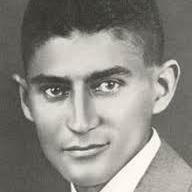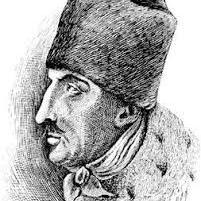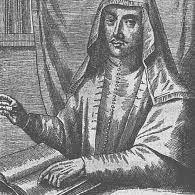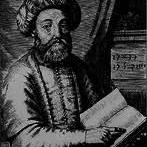Men of extraordinary determination and profound knowledge. Against the background of "Kabbalah", which is actually still not understood, they went "over the Jordan", undertook a project, we may call it "modernity", but they called it "the messianic age", which began in 1666.
As the only "philosopher" said who might have had something to say about it: "Ontologically speaking, the possibility is above reality". And God said that there should be light and there was light (1).
The conscious understanding and "application" of such mystical "technology" culminated in "modernity". Billions became the hearing serfs of never heard demons. For this reason alone, the Kabbalah is by far the greatest intellectual achievement in human history (2).
The basic Kabbalistic "settlements", which are already indicated in the bahir, in order to then gain a firm form in the zohar, namely the Sephirot with the tree of life and their manifold "connections", may at first appear artificial and very wanted, but are adequate to being and winning a tremendous power and vitality through faith.
In European "thinking", one "theory" only replaces the other. In this respect it is static and inorganic. The “thinking” of the Kabbalah, however, matured organically. Because Isaak Luria developed the Kabbalah, indeed led to its highest perfection, the "thought" of the tikkun, Maimonides or the zohar are not suddenly "wrong" in any way.
So the Talmud has grown completely organically. By "appending" the commentary to the commentary of the commentary, as it were, you have preserved the unity of faith, at the same time maintained it "up-to-date" and warded off any fragmentation.
Christianity can hardly be said to have grown naturally since the Reformation. With Calvin at the latest, completely different contents are combined to construct “beliefs” that only “cut off” from belief actually make sense. Modern theology then continues this path consistently. Their “theories” often say little about Jesus, but all the more about the views of the respective theologian.
The only areas of European culture that grew still organic until the end of 19th century are painting and music. Thus European spirit is concentrated in music, and finds a distinctly mystical expression in Bach, Beethoven, Brahms and Bruckner, which conveys unprecedented aesthetic delights, but at the same time remains firmly enclosed in this narrow area.
(1) The beginning of Genesis is esoteric text par excellance.
(2) Of course, the “invention” of the individual languages far exceeds this. However, those are based on divine inspiration, while the late Kabbalah was inspired by something slightly different.



